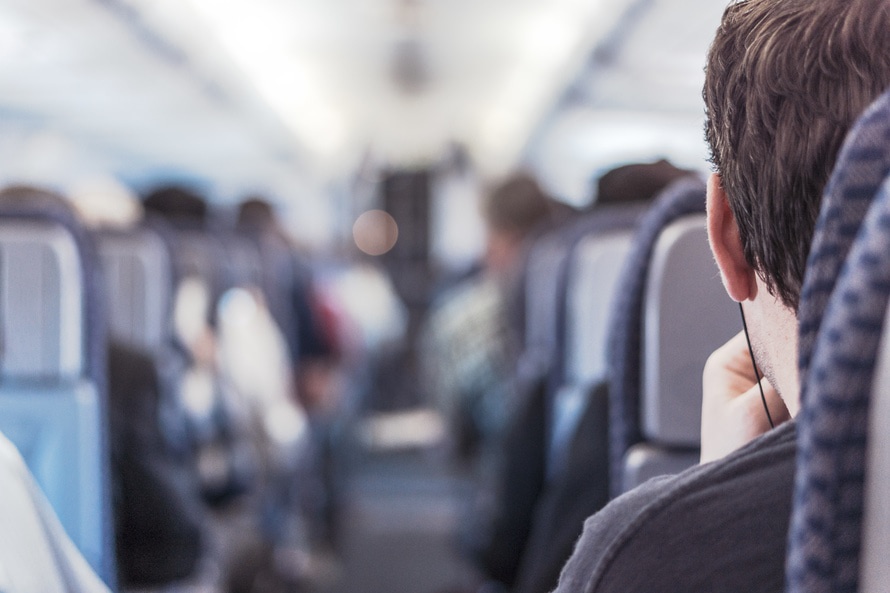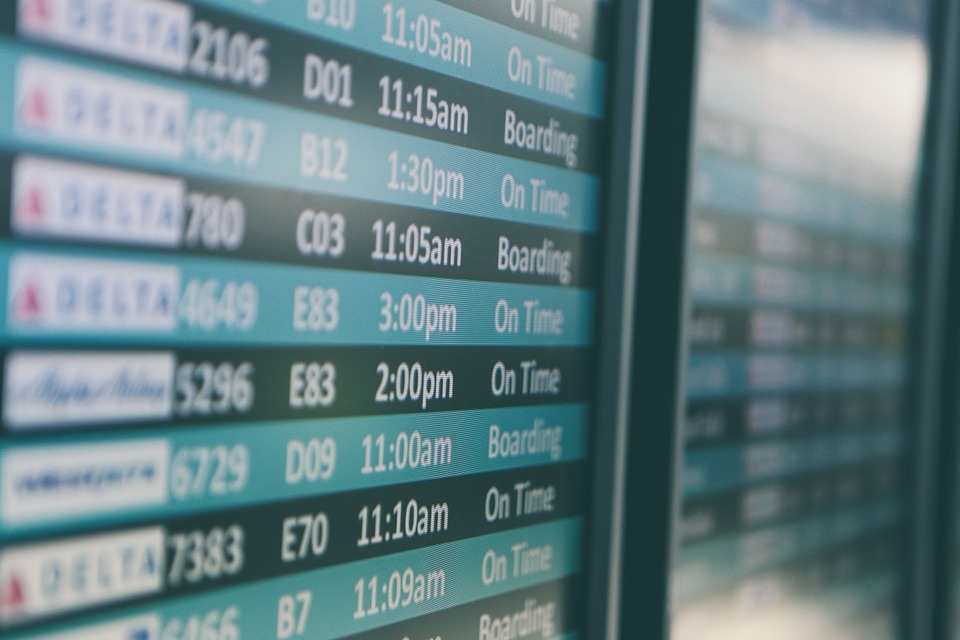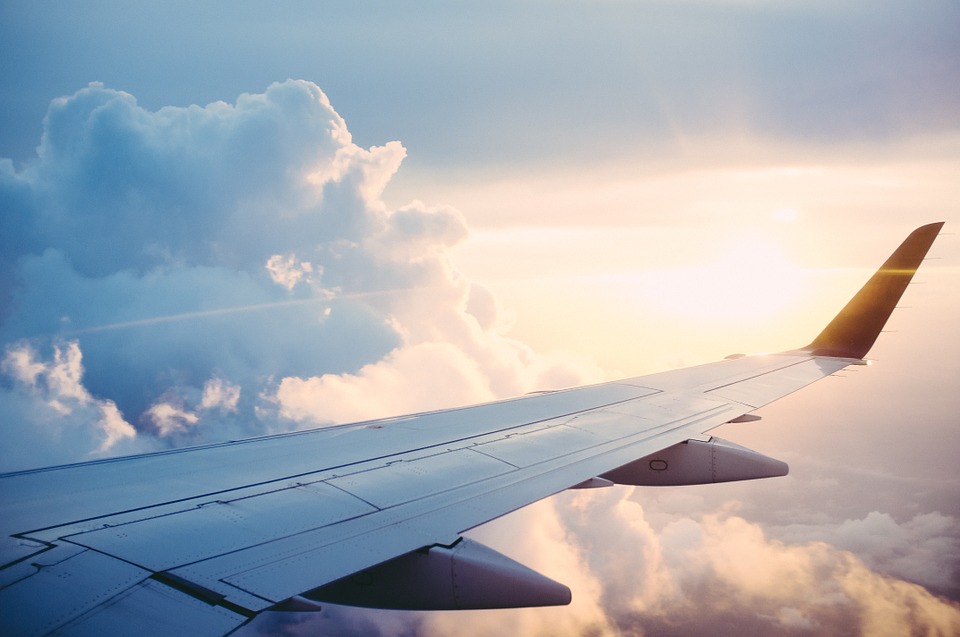Most of us that have travelled have experienced the angst of jet lag – but did you know there are ways to prevent it?
Sleep follows a circadian rhythm; this is your body’s natural 24-hour body clock. Although controlled by our internal biology, this is also affected by external factors such as light. Jet lag happens when you cross multiple time zones, usually on a long-haul flight, meaning the new day/night timings won’t be aligned with your body clock. You’ll soon feel the effects of disturbed sleep patterns, headaches and exhaustion – not the ideal start to your holiday!

Fear not – here are some fantastic top tips to help you beat jet lag so you’ll be full of energy as soon as possible when you touch down at your chosen destination.
1. BEFORE YOU FLY
Change your routines
If you’re someone who lives by rigid schedules you may find that you’ll suffer from jetlag more than others. It’s worth learning to be more flexible with your eating and sleeping time a few days before your journey. If you are flying east try going to bed earlier, or if you are heading west go to bed later.
Plan a stopover
An effective way to help your body adjust to the time change is to include a stopover in your flight. Take the opportunity to walk around and get the blood moving in your body. If there are facilities like a shower, then freshening up may help you sleep on the next leg of the journey.

2. DURING YOUR FLIGHT
Sleep
Sleeping on a plane, even if it’s just for a few hours, can make a massive difference to the way you’ll feel once you land (don’t forget your eye mask and ear plugs!) Although resting is important, it is equally important to keep your body moving regularly to keep the blood circulating – this will make you feel a lot better!
Keep Hydrated
There’s nothing worse than being dehydrated, apart from perhaps being dehydrated in a dry and pressurized aeroplane cabin for hours! Make sure you drink plenty of water to keep you from becoming too fatigued, although it may be tempting, try to avoid alcoholic and caffeine drinks as these will also disturb sleep.

3. AFTER YOUR FLIGHT
Get your ‘anchor’ sleep!
A minimum block of four hours’ sleep during the local night is known as ‘anchor sleep’ and is thought to be necessary to help you adapt to a new time zone. The idea is to fit as much sleep as possible into 24 hours – if possible, make up the total sleep time by taking naps during the day.
Flying East or West
If you’re flying west you will need more morning light when you arrive and must try to avoid the afternoon sun, this will help to shift your circadian rhythm backwards. If you are flying east you will want to expose yourself to the afternoon light, moving your circadian rhythm into the sleep phase.
Enjoy the outdoors
The cycle of light and dark is one of the most important factors in setting the body’s internal clock. Exposure to daylight at the destination will usually help you adapt to the new time zone faster – so go head to the beach!

Everyone has their own strategies for avoiding jet lag – what are yours? Don’t forget to like our Facebook page and follow us on Twitter!
